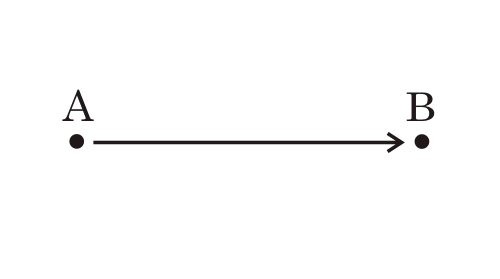|
LITR 4632: Literature of the Future  |
Student Midterms 2011: Sample Essay 2
|
 |
Tanya Partida
Taking Some of the Science out of Science Fiction
Science Fiction writing is a relatively new genre of writing that has the
ability to combine ideas in classic literature with a highly technological world
of futuristic gadgets and machines. But, a lot of science fiction seems to lack,
or at least not get too hung up on, science and technology. There are many
science fiction stories that present futures, alternate realities, catastrophic
events, and time travel with not too much emphasis on the complex science of it
all. These low-tech stories present futuristic ideas in an easy to understand
form that utilizes science but doesn’t confuse its readers, and these stories
seem to making a more lasting impression.
While high-tech science fiction writing has a way of capturing our attention
with images of flying cars and robotic armies, readers are still looking for a
good story behind all the description. High-tech narratives are immensely
interesting, but when not done right they have an easier time losing an
audience. High-tech narratives are always in danger of bogging down readers with
over the top descriptions about future technology that is difficult to keep up
with in our less advanced age. While only a matter of opinion, low-tech stories
that have limited descriptive elements of science and technology kept within a
larger concept or idea always seem to work better in getting its message across.
The Time Machine
is one example of a rather low-tech story that has been able to maintain
audiences for over a century. Of course, at the time it was first published
descriptions of the time machine and the way it moved through time would have
seemed like extremely high-tech storytelling, but even then it would not have
been so far-fetched for people to understand. In a time where locomotives are
the main form of transportation and the automobile is not far from replacing the
locomotive, the idea of a man sitting in a tiny train car, speeding along,
watching the world go by wasn’t a hard concept to understand. Furthermore, once
the time-traveler got to his future destination, technology was not present at
all. Although he was in the future it seemed he had been thrust thousands of
years back into the Stone Age. Although I cannot say why Wells chose this
environment, it does seem that it allowed the ideas and concepts that the story
presented to take center stage. The Time Machine is still capturing the
attention readers with its comments on social equality, evolution, and
scientific exploration.
Relating this to more recent narratives,
Stone Lives is a more high-tech story. Although the idea of a corporate
takeover and its dystopian society are easily identified, there is a lot of
science and technology as well. Although Stone Lives is a very imaginative and
interesting story, words and phrases like “4M”, “Citrine Rejuve”, or “Bronx FEZ”
become distracting. Readers have to spend time wondering what it all means only
to discover the story doesn’t fully explain it anyway, consequently drawing
attention away from the storyline. Stone
Lives manages to bring is audience back in the short amount of time it has
and is a great read. It has survived the last 20 or years in the science fiction
world, and, hopefully, will stay around longer.
Another more high-tech story that I found interesting was
Mozart in Mirrorshades. While a fun
and enjoyable read, I found it hard to imagine. Perhaps it was imagining Mozart
dressed in jeans and Thomas Jefferson being the first American president that
distracted me. Although the futuristic technology is not overwhelming, modern
technology serves as a form of distraction. We are constantly piecing together
the image of the “past” by having to add in a new accessory we didn’t think
would be there before. The best part of the story, of course, is the
conversation that takes place about alternate realities and the different
branches of the future that are accessible. A story that describes a similar
concept of time is Borges’ The Garden of
Forking Paths. Although it has slightly complex storyline, there is almost
no scientific or futuristic images that is distracting to the reader. In fact,
one would not even think it was a science fiction story until the very end. The
concept of different realities where our lives are different based on the
choices we make is an idea that is so futuristic that the concept does not need
extra scientific facts. The idea itself is enough to spark our interest that
from there we will read short stories about symbolic mazes and characters we
hardly understand without worrying about the confusion.
Although science-fiction writing is great in any form, I find it much more
enjoyable with a little less science in it. High-tech future narratives are
great ways to imagine and speculate over new ideas about technology that we
might be able to later use ourselves, but it will always be the underlying
issues of society, ethics and morality, and humanity that will gain our
interest.
 |
 |
 |